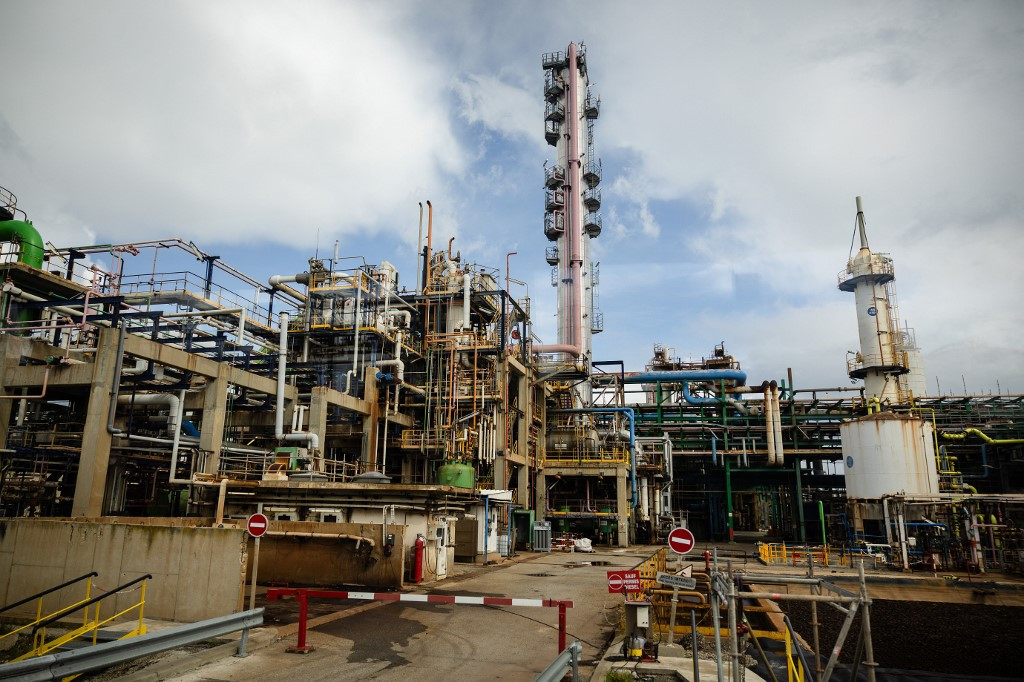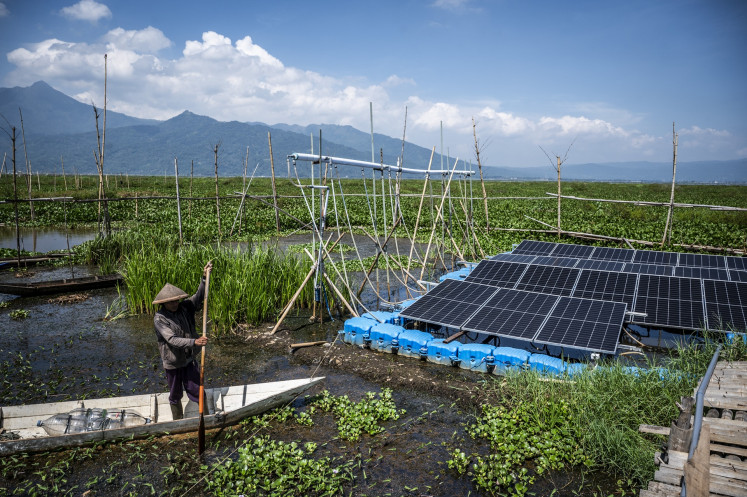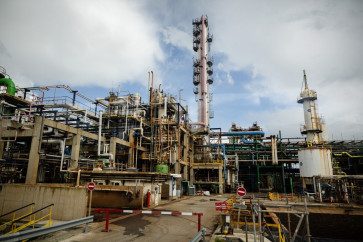Popular Reads
Top Results
Can't find what you're looking for?
View all search resultsPopular Reads
Top Results
Can't find what you're looking for?
View all search resultsConsolidation will define Southeast Asia’s petrochemical future
Change text size
Gift Premium Articles
to Anyone
D
espite the post-pandemic recovery, the global petrochemical sector has failed to stabilize. Overcapacity, slowing demand growth and intensifying competition have pushed margins to their lowest levels in more than a decade. Persistent oversupply will remain the dominant challenge through the end of this decade.
Global utilization rates for core commodities have dropped well below their historical averages. At the same time, capacity continues to expand in China and the Middle East, further flattening margins. As this trend continues, the future petrochemical market will likely take one of three different forms. In the first scenario, feedstock-rich regions and growth markets lead global trade. The second likely outcome is national oil companies (NOCs) dominate through scale and integration. In the third scenario, protectionism drives the emergence of regional champions.
Southeast Asian players must now consider the road ahead. It remains one of the few regions with solid demand growth, yet must react to a world where global oversupply has dragged down returns. Globally, annualized total shareholder return (TSR) fell to -1 percent between 2019 and 2024, compared with 15.3 percent for the S&P 500, a gap that has weighed on SEA players despite strong local demand.
In response to these industry headwinds, companies across Southeast Asia have made difficult but strategic choices. In the Philippines, JG Summit shuttered its naphtha cracker in January, which produced 480,000 tonnes of ethylene and 240,000 tonnes of propylene annually, citing high costs and weak margins. Meanwhile in Malaysia, Lotte Chemical Titan paused operations at its Pasir Gudang Complex in December to mitigate losses.
In this challenging landscape, the next steps for the region’s industry players will have major implications for future growth.
Rationalization as the first step
This is not the first time petrochemicals has faced margin compression, but the persistence of today’s imbalance has created urgency.


















